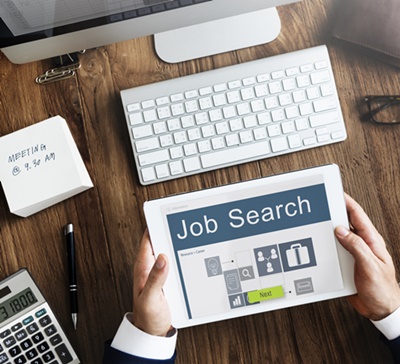Career, Interview, Job Search
Should You Just Wait or Continue the Job Hunting? How to Deal with Post-Interview Waiting Period
14 May 2018 by Emma

So you have managed to answer tricky questions thrown by the hiring managers and stepped out of the interview room with a confident feeling that you would snatch the job. However, after waiting for days, the answer you expect never come, or maybe not yet. You have not heard any feedback from your potential employer regarding your candidacy status.
If you are in this situation, what will you do? Should you just wait patiently, try to follow-up and ask directly about the matter to them, or choose to give up and seek new opportunities in other companies?
These three options certainly have their respective advantages and disadvantages. First, if you just sit around waiting for the responses without a clear time limit, you might end up wasting your valuable time, especially if it turns out that you fail to get the job offer. Secondly, you also cannot be too quick to do the follow-up with the recruiter, because such hasty move can make you look like an overly aggressive candidate. The last option, you might choose to try your luck by continuing your job search and attending a couple of interviews elsewhere, but what if you get a double job offers? Things like this will certainly make you distressed as well.
Then, how is the best way to deal with post-interview waiting anxiety? Here’s how:
Set your own time limit
Chances are, you are not the only candidate interviewed by the hiring managers. Owing to this, they might need to take some time to compare you to other candidates as they cannot make the hiring decision in a hurry. However, as you cannot wait forever, it is crucial to set your own time limit before making your next moves. For example, if you are interviewed on Monday, it would be too rushed if you call them again on Wednesday. Instead, you should wait about 3 to 7 days before contacting them again if you do not hear back from them during this period. If there is no clear information about the result even after the follow-up, then it would be better if you move on and seek other chances.
Send a thank-you email to follow up
The right way to do follow-up after a job interview is by sending the recruiters a thank-you email. Within the email, you can express your gratitude for being given the opportunity to interview. Say that you are looking forward to hear feedbacks about your performance during the interview as well as any information about the candidacy status. However, you should keep in mind that you should compose the email concisely so the recruiter will not skip it.
Apply for other jobs
Being in an active job search means you should be smart enough in grabbing opportunities and turning possibilities into victories. While having optimism in your Plan A is not a bad thing, it does not mean that Plan B is not needed. When you are unemployed, you cannot simply rely on one job opportunity and waste your time waiting for the real job offer. Instead, you should move fast and apply for other job openings as you never know which company will open its door for you.



